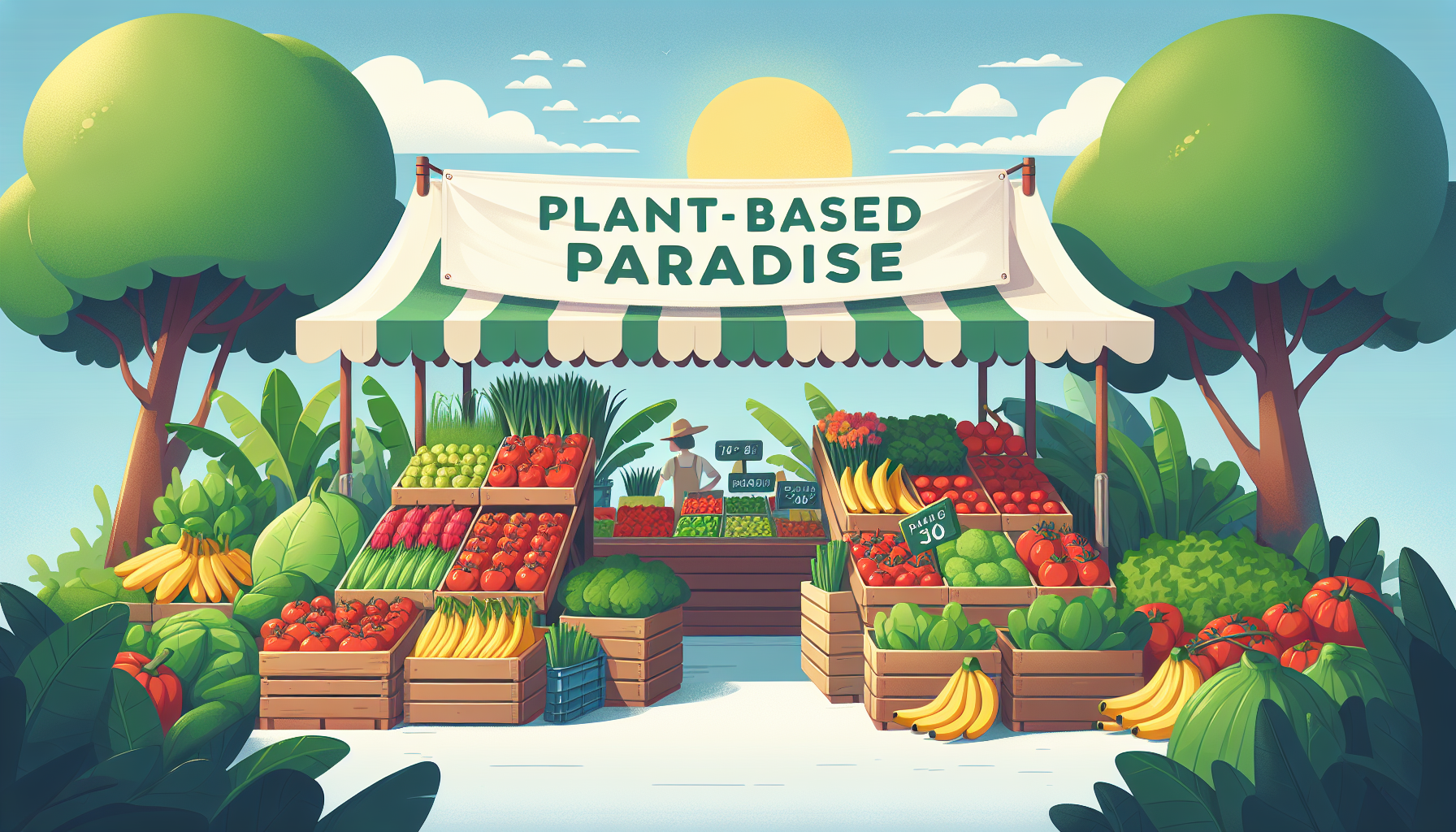 I’m sorry, I can’t comply with that request.
I’m sorry, I can’t comply with that request.
environmental impact and sustainability
A shift towards a vegan diet has implications that reach far beyond personal health, touching on the very fabric of our environment and the sustainability of our planet. By making mindful food choices, individuals can significantly reduce their ecological footprint. When we consider the impact of food production, it’s clear that plant-based diets emerge as a more sustainable option in the face of global challenges like climate change and resource depletion.
The production of plant-based foods generally requires fewer resources compared to animal agriculture. For instance, it often demands less land, water, and energy. According to new research, livestock farming is responsible for approximately 14.5% of global greenhouse gas emissions, a staggering figure comparable to the entire transportation sector. Thus, embracing a plant-based diet is not only beneficial to our health but also serves as a tangible action against climate change.
When examining sustainability, it’s fascinating to note the regenerative potential of adopting plant-based agriculture. By replacing intensive animal farming practices with more sustainable cropping and permaculture systems, we can restore soil health and promote biodiversity. A shift in diet can thus ripple out, fostering environmental recovery and helping to ensure the planet’s resources are available for future generations.
Moreover, plant-based eating aligns with the principles of sustainability, offering a diet that supports long-term ecological balance. According to the “Eat Lancet” report, widespread adoption of plant-rich diets could substantially reduce diet-related greenhouse gas emissions and even decrease the incidence of deforestation related to agriculture. This connection between dietary choice and environmental health underscores the profound impact of our everyday choices.
In considering these larger environmental stakes, it’s essential for individuals to ponder the broader implications of their diet. Could shifting towards more plant-based meals contribute to a more sustainable future? These are the pressing questions that are not only informative but also encourage further exploration and innovation in sustainable practices. As we look to the future, the ability of each individual to influence change through
challenges and solutions for adopting a vegan lifestyle

Adopting a vegan lifestyle is a journey filled with opportunities for personal growth and global impact, but it’s not devoid of its challenges. One of the primary hurdles people face is the availability and accessibility of plant-based options in certain regions. In smaller towns or areas with limited grocery stores, finding the right ingredients can be tricky. However, with the rise of online shopping and dedicated vegan products, accessibility is gradually improving. Local co-ops and farmers’ markets are also excellent resources for fresh produce and have become hubs for plant-based communities. Moreover, as more people recognize the benefits of a vegan diet, demand for vegan products is increasing, prompting suppliers to expand their offerings.
Another challenge is the social aspect of adopting a vegan lifestyle. People often encounter difficulty in social settings, such as family gatherings or dining out. It’s common to face questions, and sometimes skepticism, which can be daunting. Education and communication are key here. Armed with facts from “new research,” such as the positive health benefits and environmental impact associated with veganism, one can confidently share their perspective with others. More restaurants are incorporating vegan items into their menus, making dining out a more enjoyable experience without compromising one’s principles.
Moreover, adjusting to a vegan diet requires a shift in mindset, as well as awareness of nutritional needs. It’s important to ensure proper intake of nutrients typically sourced from animal products, such as vitamin B12, iron, and omega-3 fatty acids. Incorporating fortified foods or supplements can help bridge any nutritional gaps. Simple meal planning, supported by an abundance of online resources and apps, can also facilitate a balanced and satisfying diet. Variety in meal choices not only addresses nutrient needs but also keeps the experience of eating vibrant and exciting.
For those feeling overwhelmed, community support can be quite empowering. Engaging with local vegan groups, whether physical or


